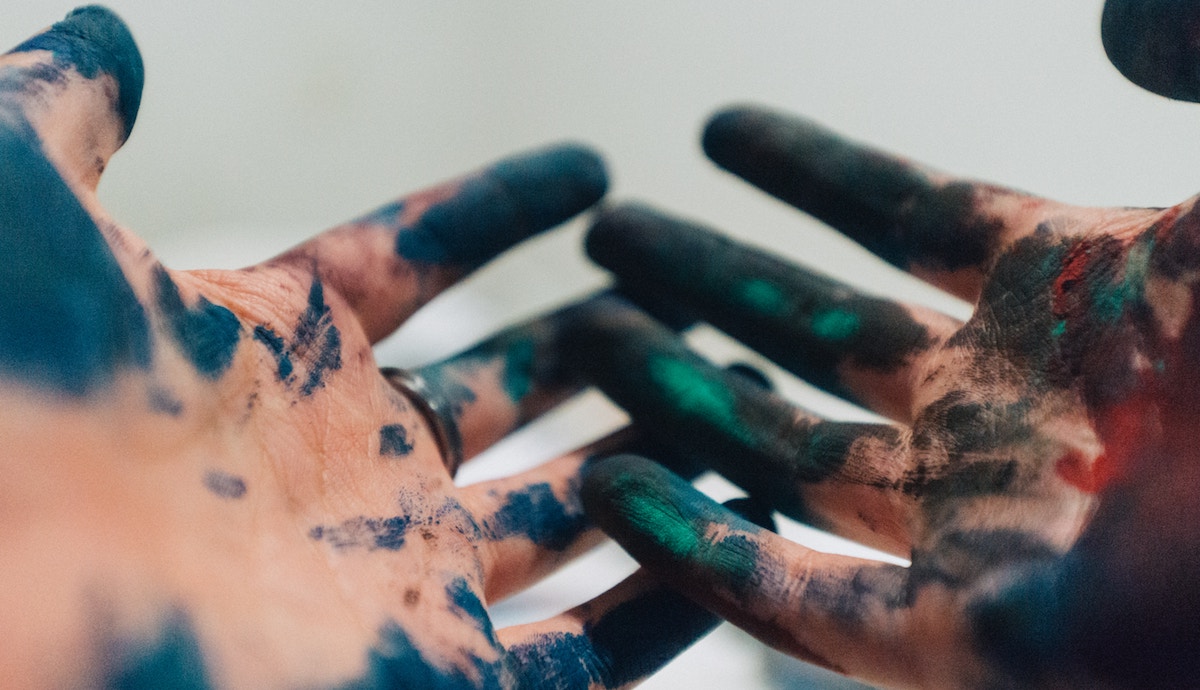It’s a process you learn to develop over time.
This distinction is important, particularly if you’re coming at creativity from a place of having been turned off from it: working or living in a culture or place that promotes routine and answers over the unknown and question seeking.
If you believe creativity is a state of being—that it’s on or off, something people have or don’t, something you must be empowered to flip on—you’re much more likely to accept excuses for why you can or cannot use it.
The common fallacy tends to be: “I can’t be creative because my boss/parent/partner won’t let me.” Of course creativity scoffs in the face of constraints. True creativity says: “they” won’t let us do things one way, so we’ll try another.
So what’s preventing you from being more creative here and now? What if it’s just your perception that creativity is a switch, or something to become or a state to achieve? How might we change the perception of creativity as being something you don’t turn on or off and instead being something you develop as a skill? Something that can work around any constraints? A skill that gets better over time, not worse?
Creativity—the ability to think of ideas which are both novel and valuable—is a skill anyone can learn. Much like math, science, writing, or a foreign language.
I remember thinking I’d never be able to do math, even of the basic variety. I grew up thinking mathematics were something you were either good at or not. I watched in school as students who excelled at math breezed past problems I could hardly understand, let alone solve.
But over time I learned math is a learnable skill: it was just the ways I was being taught that weren’t right for me.
I found “tricks” for solving problems, visual approaches that aligned more with my way of thinking. I learned when terminology and labels mattered and when they were just for show. I learned how to break the problems down into manageable chunks rather than trying to solve large problems at once. And I realized just how important it is to approach a problem with confidence, without which my mind wouldn’t even begin to view a problem as something I could solve.
The same attributes are all true of creativity. Creativity is a skill which can be learned by anyone and developed over time.
To do it requires learning small tricks for utilizing it: flipping a problem around, changing perspective, asking silly questions, finding a partner, or any of the other hundreds of thinking tricks.
Developing creativity also requires a clear perspective of what it is and what it isn’t, how it differs from innovation or imagination.
If you want to develop your creativity you too must improve your confidence of doing so. Without which it won’t matter how capable you are, you’ll find your mind simply don’t even want to try.
Creativity is a skill like any other, in that you can develop and improve it. It’s not a switch to be turned on or a trait you’re either born with or not. When you realize this, many more options for how to utilize your creativity become apparent.
